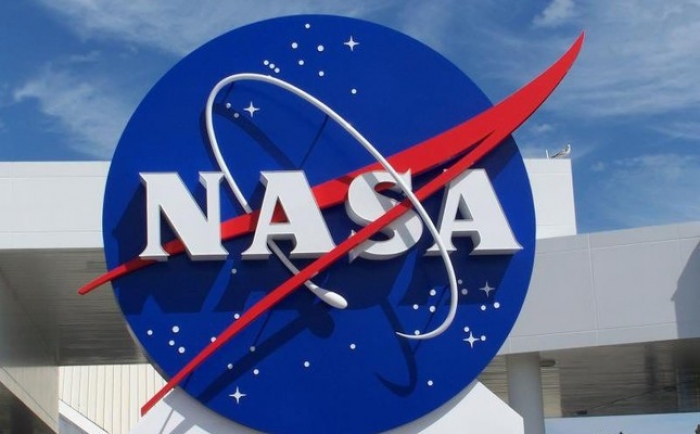To better understand the effects of microgravity on the human body, researchers with the government agency sent rodents in a specialized habitat to the International Space Station. Mice were chosen as their “biology has similarities to human body systems,” per NASA’s blog post on the experiment.
After the mice arrived at the space station, scientists observed the differences between "space mice" and those that remained on Earth.
Mice in space appeared to adapt to their new weightless environment, even engaging in “typical mouse behaviors” such as grooming, feeding and interacting with one another, among other normal activities.
“The rodents quickly adapted to their new weightless circumstances, for example by anchoring themselves to the habitat walls with their hind limbs or tails and stretching out their bodies. This pose was similar to mice on Earth standing up on their back legs to explore their environment,” NASA explains in the blog post.
That said, mice appeared to have a hard time adjusting to their new weightless surroundings at first. Video footage released by NASA shows many of the critters floating aimlessly up and around the cage.
Eventually, however, the rodents figured things out — and exhibited behavior that was not seen in mice on Earth. For instance, the younger mice “were more physically active than their counterparts on the ground” and also “began to show a new behavior that the scientists describe as ‘race-tracking’ — running laps around the cage. This even evolved into a group activity,” according to the space organization, which noted the behavior may have been linked to stress.
But this hamster-in-a-cage type behavior is important in terms of research, as their ability to “grab hold of things” in the habitat and subsequently move around could help scientists learn more about the effects of microgravity on bone loss, specifically, per NASA.
"The habitat provides a useful basis for comparison of mice and humans for a better understanding of human responses to spaceflight," the agency said.
More about: #NASA
















































